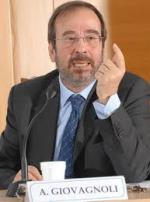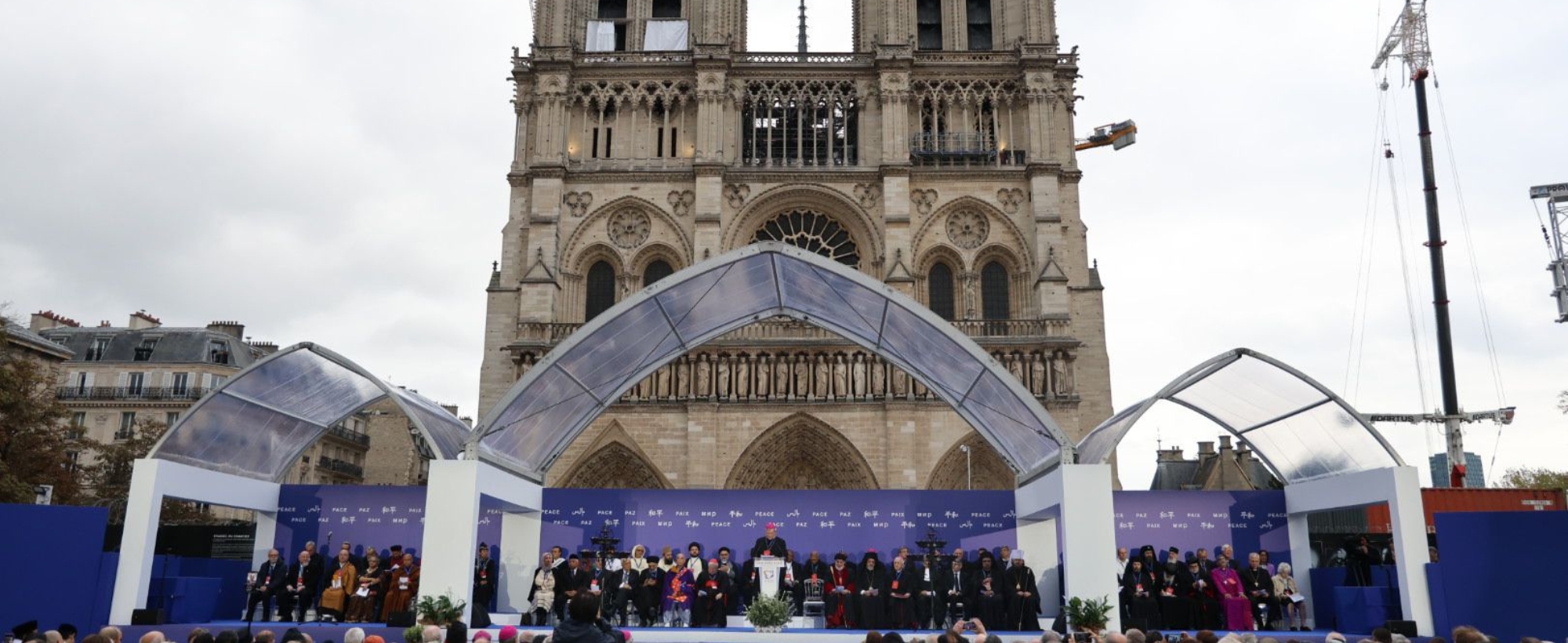23 September 2024 09:30 | Mairie du Vème arrondissement – Salle des fêtes
Speech of Agostino Giovagnoli

Democracy has ancient and universal roots and took many different forms according to places and circumstances. For example, it was adopted in ancient Greek cities in the 5th century BC and inspired the social life of ancient Indian villages. We use to distinguish between the democracy of the ancients - practised in a direct form in small political communities - and that of the moderns - the indirect democracy adopted by large States with millions of people. The latter is based on the popular sovereignty, representation, elected parliaments, the separation of powers...
It also inspires the organisations of the international community and promotes the quest for peace. But democracy is not only institutions, laws and procedures; it is also nourished by great ethical and political ideals: human dignity, the common good, freedom, pluralism, equality, justice, the fight against inequalities, the inclusion of the marginalised.... The roots of these ideals are present in all religions, which can therefore contribute to the affirmation and development of democracy, opposing everything that undermines it: illiberality, intolerance, injustice, polarisation...
Today, in particular, globalisation, population movements, the "liquidity" of societies, new means of communication, social and AI increase the risks of "verticalism" and oxymorons such as "illiberal democracies". War is also a major threat to democracy.
